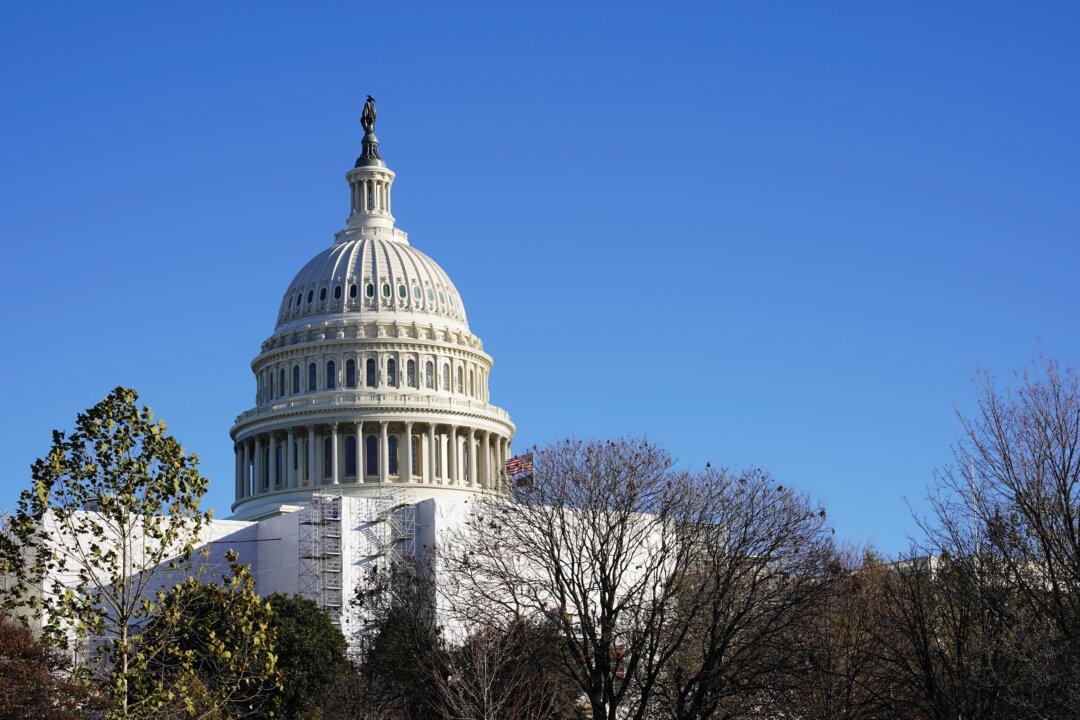The $1.7 trillion, 4,155-page omnibus government funding bill released early on Dec. 20, contains funds for the Justice Department (DOJ) to pursue additional prosecutions related to the Jan. 6, 2021, breach of the U.S. Capitol.
The bill lists various funds, based on Jan. 6 events.





